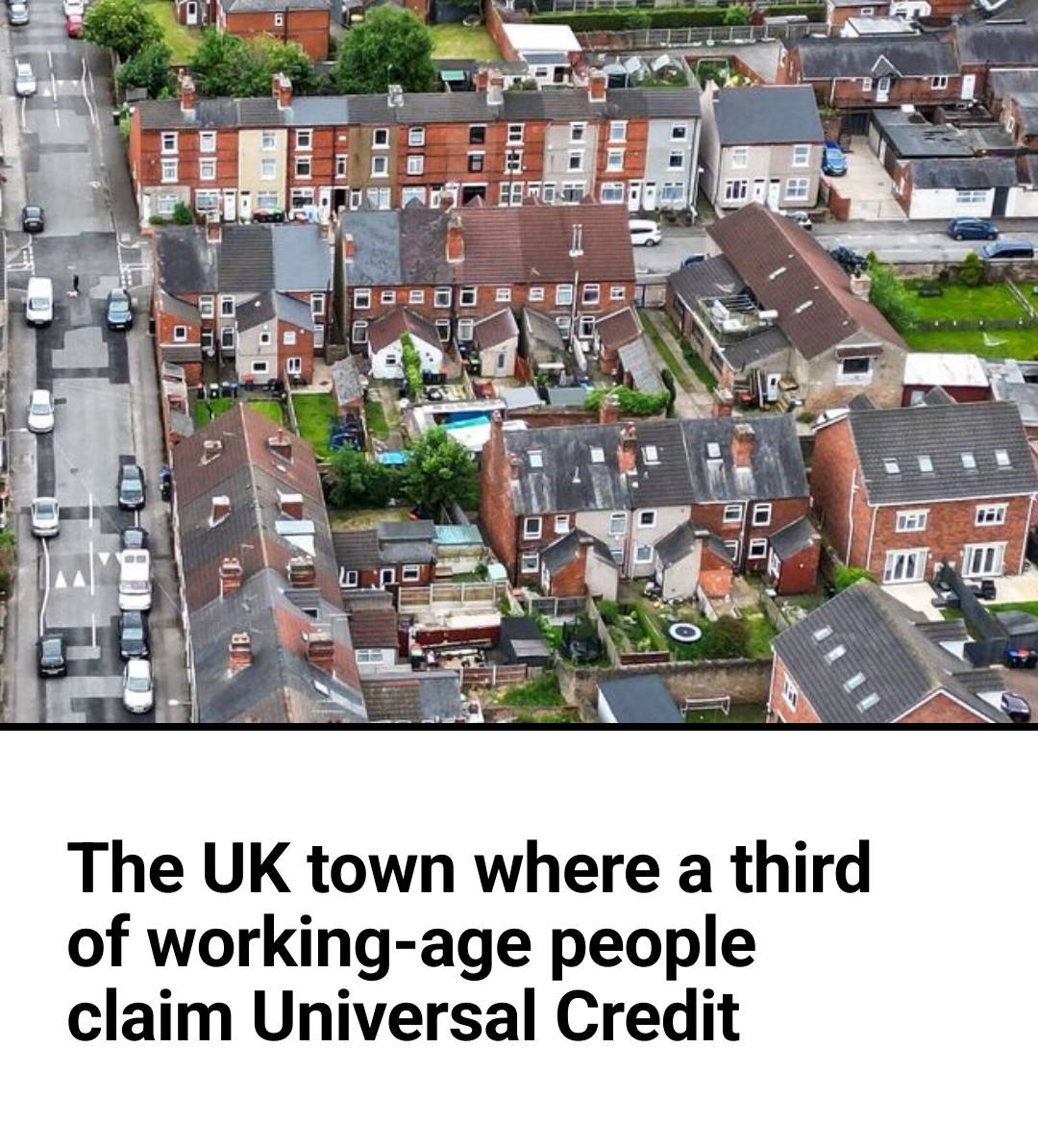A town in Nottinghamshire known for its mining heritage has a skyrocketing number of people not in work. In Ashfield, almost a third of working-age people are now economically inactive. One girl, Holly, 17, is one of those people, having to drop out of college for having too much time off due to a long-term condition making her sick, she told Sky News. She also has autism and ADHD.
“I’m still living with my parents ,but I’m also on PIP,” she told the channel. The teenager raised concerns ahead of the government’s tightening of eligibility requirements for personal independence payments (PIP) as part of the welfare cuts. “It shouldn’t happen because I practically live off of it,” she adds. “I use it to get around – transport – because I struggle to get buses and trains and stuff so I get Ubers a lot which can be quite pricey.”

Work and Pensions Secretary Liz Kendall set out welfare plans in the Commons today (Image: Getty)
Work and Pensions Secretary Liz Kendall set out plans in the Commons today to get more people back to work and bring down the cost of the soaring benefits bill.
Labour says the changes would put the welfare system “back on a more sustainable path” as the measures are expected to save more than £5 billion a year in 2029/30.
Holly insists that she wants to work but is unsure if she is able to work full-time due to being “off sick a lot”. “I just don’t know if I’d be able to hold a job,” she says.
There are nearly one million ‘NEETS’ in the UK – people aged 16-24 not in employment, education or training.
The teenager is now working on getting a “fit note,” which refers to a doctor’s note that would lead to her being signed off from work. This would result in an increase in benefits—around double the amount a jobseeker receives with no condition to look for work.
Pippa Carter, the director of the Inspire and Achieve Foundation, which works with more than 200 young people a year, says how mental health is the largest barrier with the young people she works with.
“COVID was an impact as well,” she told Sky News. “They’re just not really able to get out of their rooms. They haven’t got that social confidence.” She explains that she, like many others in Ashfield, welcome a new system that gives younger people greater help getting into the workplace.
